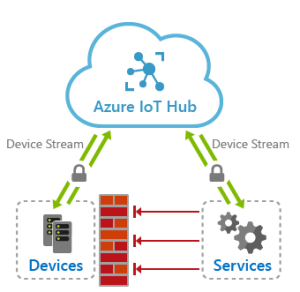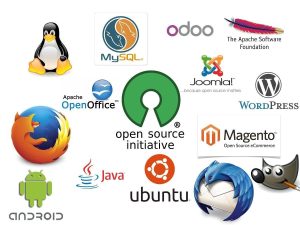
Future Computer Technologies in Healthcare
Introduction
In recent years, advancements in computer technologies have significantly impacted the healthcare industry. As we continue to forge ahead into the future, new technologies are expected to revolutionize healthcare delivery, diagnosis, treatment, and patient outcomes. In this article, we will explore some of the most exciting computer technologies that hold the potential to shape the future of healthcare.
Artificial Intelligence (AI)
Artificial Intelligence has emerged as a game-changer in various industries, and healthcare is no exception. AI-powered systems enable computers to analyze vast amounts of data, identify patterns, and make predictions. In healthcare, AI is being utilized to improve diagnostics, personalize treatment plans, enhance patient care, and even assist in robotic surgeries.
Blockchain
Blockchain technology, popularized by cryptocurrencies like Bitcoin, has the potential to revolutionize the healthcare industry by improving data security, interoperability, and patient privacy. With blockchain, medical records can be securely stored, accessed, and shared across different healthcare providers, ensuring that sensitive patient information remains protected against unauthorized access or tampering.
Internet of Things (IoT)
The Internet of Things (IoT) refers to the network of interconnected devices that can communicate with one another via embedded sensors and software. In healthcare, IoT can enable the seamless integration of medical devices, wearable technologies, and healthcare systems, providing real-time monitoring and analysis of patient data. This can lead to early detection of health issues, continuous remote patient monitoring, and improved preventive care.
Virtual and Augmented Reality
Virtual Reality (VR) and Augmented Reality (AR) technologies are no longer limited to gaming and entertainment; they have found their way into the healthcare domain. VR can be used for pain management, phobia treatment, and even rehabilitation therapy. AR, on the other hand, enables healthcare professionals to overlay digital information onto real-world environments, aiding in surgical procedures, medical training, and improving accuracy during interventions.
Robotics and Automation
Advancements in robotics and automation technologies are transforming healthcare delivery. Robots are being increasingly used for repetitive tasks, telemedicine, assistance during surgeries, and providing care to the elderly and disabled. Automation streamlines administrative processes, reduces human errors, and allows healthcare professionals to focus more on patient care.
Cloud Computing
Cloud computing has become an indispensable part of the healthcare industry. Storing patient records, images, and medical data on the cloud enables easy and secure access from anywhere at any time, promoting efficient collaboration between healthcare providers. Additionally, cloud-based systems facilitate data analytics, enable faster diagnosis, and support the development of personalized treatment plans.
Conclusion
The future of healthcare is intertwined with the evolution of computer technologies. AI, blockchain, IoT, VR/AR, robotics, automation, and cloud computing are just a glimpse of the exciting advancements that lie ahead. As these technologies continue to mature and integrate into healthcare systems, they have the potential to enhance patient outcomes, improve diagnostics, streamline processes, reduce costs, and ultimately revolutionize the delivery of healthcare across the globe.

